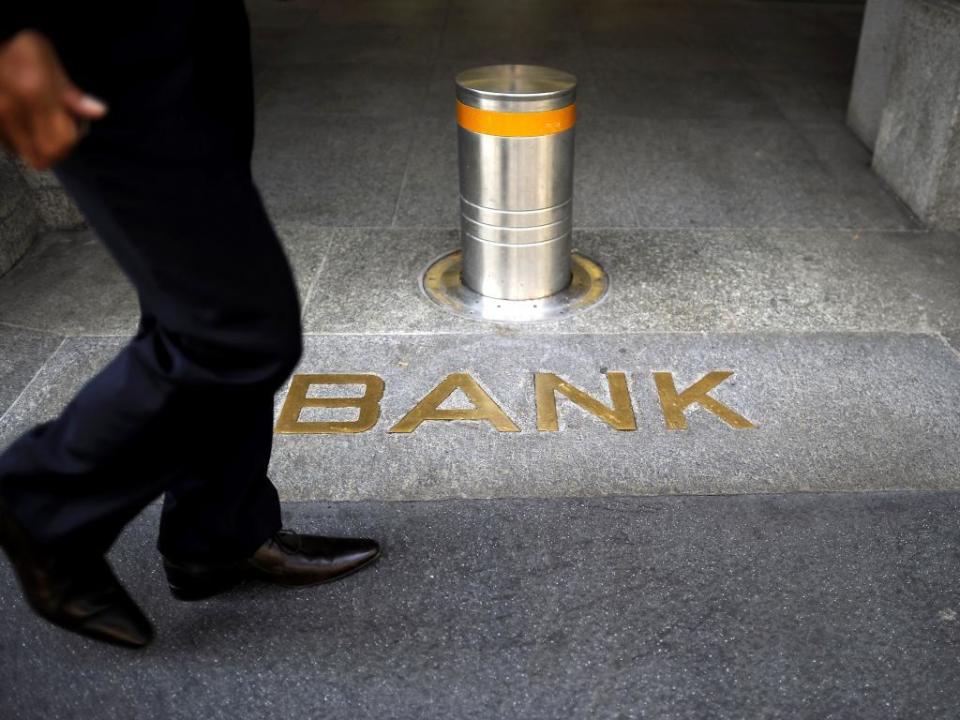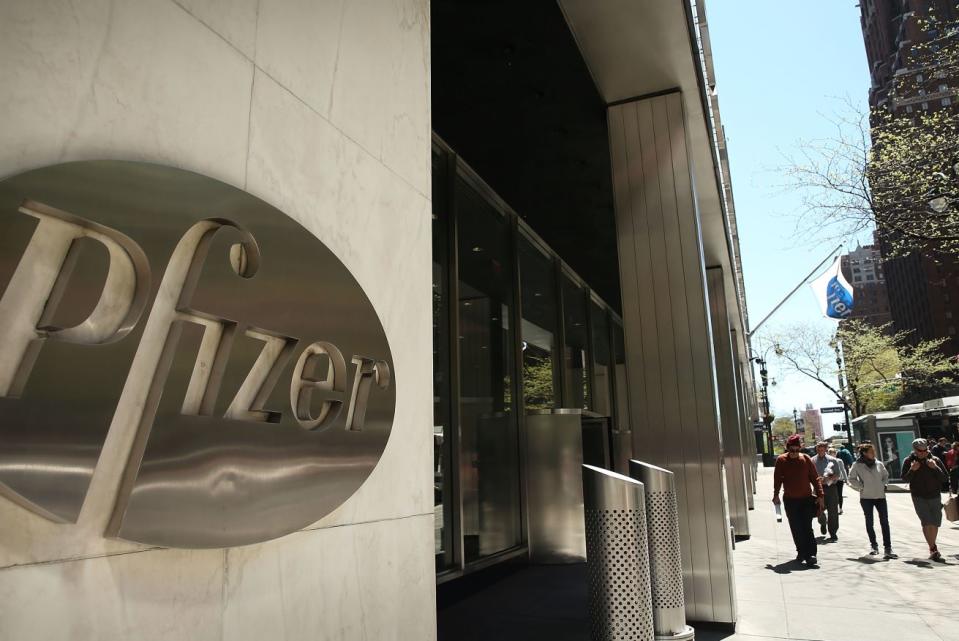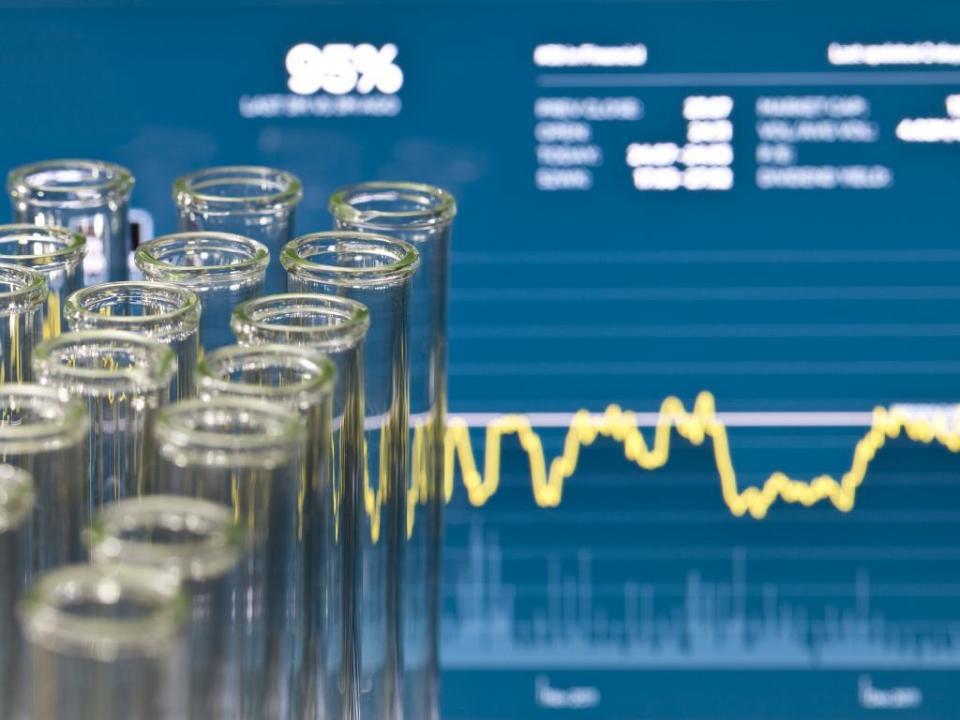The 15 Biggest Mergers Of All Time

This year has seen a host of takeover efforts between some of the world's largest companies. After an arduous courtship, Anheuser Busch Inbev SA (NYSE: BUD) agreed to buy rival SABMiller plc (OTC: SBMRY) for $104 billion in principle. The deal that will represent the largest ever for the beer industry.
Also last week, Dell Inc. and EMC Corporation (NYSE EMC) their own plans to combine in a deal worth $67 billion. If approved, Dell's purchase of EMC will be the largest acquisition ever for the tech sector.
This isn't the first time that companies have been willing to spend big bucks to acquire rivals and expand their marketshare. In fact, Anheuser Busch's mega deal will only just break the top three largest mergers in market history once approved.

1. Vodafone Acquires Mannesman
The largest M&A deal in history, UK-based Vodafone AirTouch PLC, now known as Vodafone Group Plc (NASDAQ: VOD), acquired Germany's Mannesmann in February 2000. The deal, $180.95 billion was resisted by the majority of Germans who worried that takeovers like this one would spell the end for German businesses. Vodafone's acquisition made the firm the world's largest mobile operator and set the tone for future mergers and price-wars within the telecom space.

2. AOL Purchases Time Warner
This year marked the 15th anniversary of the AOL/Time Warner merger, the second largest deal in history. The $164 billion deal may have fallen short of being the most valuable, but AOL's acquisition of Time Warner in January 2000 tops the list of the most mergers ever carried out. The tumultuous union lasted just 9 years with Time Warner Inc. (NYSE: TWX) spinning off the rapidly deteriorating AOL, Inc. as an independent company on December 9, 2009.

3. Verizon Takes Control Of Wireless Unit
Coming in at third is Verizon Communications Inc. 's (NYSE: VZ) much sought after of Verizon Wireless from Vodafone Group plc. (NASDAQ: VOD). For nearly a decade, Verizon worked to acquire Vodafone's 45 percent stake in Verizon Wireless and the firm's efforts were finally successful in September 2013. The US telecom agreed to pay $130 billion in order to take full control of its wireless unit, which was bringing in around $21.8 billion each year. The deal gave Verizon the financial strength it needed in order to up investment in better infrastructure and increase its competitiveness in US markets.

4. Pfizer's Hostile Warner-Lambert Takeover
Pharmaceutical giant Pfizer Inc. (NYSE: PFE) made history in the year 2000 by sealing a $90 billion with Warner-Lambert Co. The sum of Pfizer's purchase was overshadowed by the three months of drama that preceded the deal, which led many to consider the takeover to be one of the most hostile in history. Warner-Lambert was initially set to be purchased by American Home Products Corp, but the consumer goods firm walked away from the deal with $1.8 billion worth of break-up fees, one of the largest ever payouts for a failed deal.

5. AT&T Buys BellSouth
In March of 2006, AT&T Inc. (NYSE: T) announced plans to acquire BellSouth in a deal that was slated to give the firm even more dominance in the wireless arena. Worth $86 billion, the deal was in December. The new company was able to expand AT&T's coverage into rural parts of the US at a time when the mobile phone market was still expanding. The firm used its new position to create bundled services that included mobile services along with television and internet connections in an effort to gain new subscribers and dissuade customers from switching to new providers.

6. Exxon Completes One Of The Best Deals In History
In 1999 with persistently low oil prices weighing on the industry, Exxon Corp and Mobil Corp in an $81 billion merger that created energy superpower Exxon Mobil Corporation (NYSE: XOM). The deal placed Exxon Mobil at the head of the industry as the largest "supermajor." At the time, many criticized Exxon saying that the firm paid too much, but now the deal is heralded as one of the most successful in M&A history.

7. Glaxo Wellcome PLC Combines With SmithKline Beecham In Surprising Deal
In September of 2000, Glaxo Wellcome PLC and SmithKline Beecham surprised investors by plans to merge in a $75.7 billion deal. The two had previous discussed joining forces back in 1998, but those talks fell apart as the two rival firms remained locked in a power struggle. However, the deal in 2000 went off without a hitch to create the world's largest drugmaker at the time, GlaxoSmithKline plc (NYSE: GSK).

8. Royal Dutch Petroleum Corporation And Shell Transport & Trading Finally Get Together
British Royal Dutch Petroleum Corporation and Dutch Shell Transport & Trading had been working closely together for decades when they finally moved forward with the two businesses in 2005. The deal, worth $74.5 billion, faced pushback from shareholders who worried about the way the firm would be managed. However, it was eventually approved to make Royal Dutch Shell plc (NYSE: RDS) the second largest publicly traded oil firm in the world.

9. Comcast Buys AT&T Broadband
In 2001, Comcast inked a landmark deal in which the firm AT&T Broadband in an agreement worth $72 billion. The purchase catapulted Comcast to become the largest cable company in the US by expanding the firm's subscriber base exponentially. The two initially agreed that the new firm would be dubbed AT&T Comcast Corporation, but once the deal was complete the two companies agreed to keep only the Comcast Corporation (NYSE: CMCSA) name.

10. Citicorp And Travelers Group Inc. Form Largest Financial Services Company In The World
On April 6, 1998, Travelers Group Inc and Citicorp announced plans to complete a worth $70 billion. The two firms combined to create a $140 billion company called Citigroup Inc (NYSE: C), which was the largest financial services company in the world at the time. When the merger took place, the Glass-Steagall Act required Citigroup to divest its insurance assets within 5 years. However, the new firm was able to maintain both banking and insurance services under one umbrella when new legislation that did away with the Depression-era rules was passed in 1999.

11. Pfizer Proves Banks Have Turned A Corner With Wyeth Acquisition
At a time when desperate banking mergers dominated the headlines, Pfizer broke the mold with a to acquire rival drug-maker Wyeth for $68 billion. In the wake of the financial crisis in 2009, Pfizer Inc. (NYSE: PFE) announced plans to buy Wyeth with the caveat that the firm could back out of the purchase if the economy continued to worsen. The deal eventually went through in what some say became the first clear sign that the worst of banks' financial troubles were over.

12. Verizon Is Born
In June 2000, the FCC Bell Atlantic Corp.'s proposal to buy GTE Corp in a deal worth $64.7 billion. While the monetary value of the deal ranks just 12th on the list of largest mergers, the deal had far reaching implications for the telecom industry as the purchase formed the largest US' local telephone company. Following the deal's approval, Bell Atlantic changed its name to an amalgamation of the Latin word for truth, veritas, and horizon, to become Verizon Communications Inc. (NYSE: VZ).

13. SBC Communications Acquires Ameritech
Before Verizon took over as the US' largest telephone company, SBC Communications Ameritech Corp in a $62 billion stock swap, the largest ever telecommunications merger at the time. The 1998 deal allowed SBC to take control of nearly 60 million phone lines across the US and sparked a debate over whether or not such large-scale mergers were hurting competition in the telecom industry.

14. Pfizer Bulks Up Its Product Portfolio With Pharmacia
Pfizer finds itself on the list of largest mergers for the third time due to the firm's $60 billion to buy Pharmacia. In April 2003, the US drug maker increased its global marketshare to 11 percent following the acquisition. The purchase of Pharmacia brought several popular products into Pfizer's portfolio including hair loss treatment Rogaine, Nicorette nicotine gum and anxiety prescription drug Xanax.

15. JP Morgan Chase Buys Bank One
Rounding out the top 15 M&A deals in history is JP Morgan Chase & Co.'s (NYSE: JPM) $58 billion of Bank One Corp. In January 2004, the bank became the second largest in the US with 2,300 branches across seventeen different states. The firm's decision to purchase Chicago's Bank One gave JP Morgan a better foothold in the Midwest and diversified its offerings outside of just investment banking and trading.
See more from Benzinga
© 2015 Benzinga.com. Benzinga does not provide investment advice. All rights reserved.
